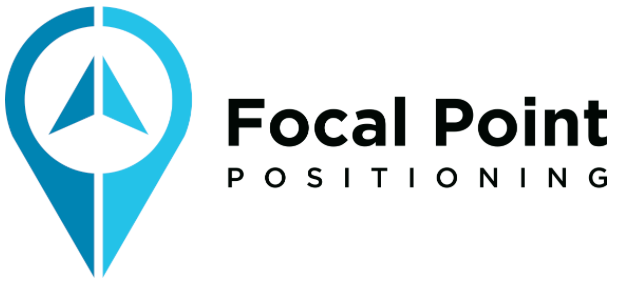With a world-leading university, the country’s most mature technology ecosystem, and the presence of major multinationals, Cambridge is a leading digital tech cluster.
The city has produced some of the UK’s most successful businesses: from Acorn Computers in 1978 and Solexa in 1997, to SwiftKey in 2008, Raspberry Pi in 2012 and Darktrace in 2013. The university city is also home to the games studios Jagex and Frontier Developments, as well as many data-driven life science businesses.
Last year, Amazon used Cambridge as a testing ground for its experimental drone delivery service Prime Air, while Apple opened an AI lab in the city, after acquiring a University spin-out. What’s more, Imperial College opened a facility on the Babraham Research Campus and Cambridge-based chipmaker ARM was acquired by Japan’s SoftBank Group.
Cambridge Enterprise Seed Funds hit an all-time investment high, funnelling £5.3 million into 14 promising companies. The organisation, which helps university students and staff to commercialise their ideas, is just one of many support organisations offered by the university and the wider community. Tracing back to 1960, with the launch of Cambridge Consultants, today key organisations include Cambridge Angels, St John’s Innovation Centre, Cambridge Network, ideaSpace incubator and Allia Future Business Centre.
The newest addition to the Cambridge ecosystem, the John Bradfield Centre, will open this spring to incubate science and tech entrepreneurs.
The university continues to build its already world-leading reputation in machine learning and further industry disrupting spinouts will continue to form.

Focal Point Positioning is redefining the state-of-the-art in satellite positioning systems such as GPS, on low-cost devices like smartphones. Our software upgrade to GPS chips is able to solve some of the hardest challenges in position navigation, such as generating position fixes indoors and in dense urban environments.
Being based in Cambridge gives us access to well-motivated and highly-talented individuals, as well as a rich community of successful and established “Silicon Fen” entrepreneurs who can provide invaluable guidance and contacts.

Repositive is an essential portal that helps researchers to access human genomic data and connect with the research community. By facilitating faster access to data, Repositive assists the diagnosis of genetic diseases and accelerates development of precision medicine.
Cambridge is fast becoming the Silicon Valley of the UK, dubbed the “Silicon Fen”. It has an abundance of both web development and biotech talent, and with the London digital tech scene just a 55min train trip away, we couldn’t be better situated.